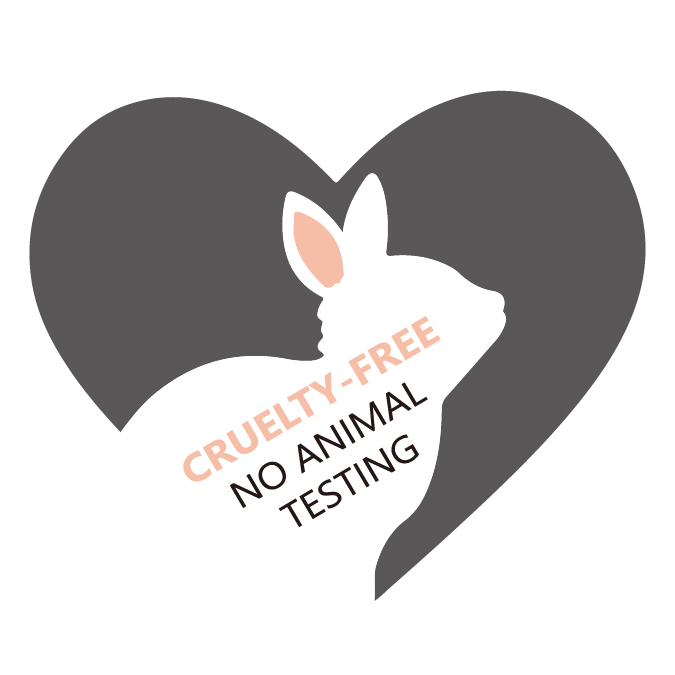It is a popular opinion that animal-tested products are bad and should be stopped. There are many organizations that support this ban on animal testing, such as the humane society and PETA. However, not many people know exactly what animal testing includes.
The tests most commonly performed are skin and eye irritation tests, repeated force feeding studies and the widely condemned “lethal dose” tests, according to the humane society. Although animal tests are limited and seen as “unreliable,” they are still the most cost-effective. Yet, California has put profit biases aside and decided to step up on this issue.
California has become the first state in the U.S. to ban animal-tested products. Although this law already exists in the European Union, Norway, Israel and India, this is still a monumental milestone for the U.S. The passing of this law has been slow for years with no clear sign whether this bill would actually be made into a law, but Gov. Jerry Brown has finally signed the bill.
The California Cruelty-Free Cosmetics Act, authored by Democratic state Sen. Cathleen Galgiani, prohibits manufacturers to “import for profit, sell or offer for sale,” according to the Huffington Post. This law takes effect beginning Jan. 1, 2020.
The law would make it so any cosmetic product that was developed using any type of animal testing cannot be sold if the test happens after the start of 2020. The violations are punishable by a $5,000 fine and $1,000 for each day that violation continues. Of course there are some exceptions. One exception is for animal testing that is required by state or federal law if no alternatives are available.
This is a huge win for California, but there has been some backlash on this law due to its significant limitations. The exceptions include requirements set to comply with Food and Drug Administration or foreign agency requirements.
The largest limitation is how companies have the option to pay for animal testing on products or ingredients in countries where it’s required by law, such as China. This loophole of the bill will still allow California to sell those products.
This has left room for continued animal testing where “manufacturers can also keep selling those animal-tested products in California as long as they only funded those animal tests in order to be compliant with foreign regulations,” stated Quartz. Global companies, such as Estee Lauder and Coty, will most likely continue funding animal tests since it is more efficient to do so.
Toward the finalization of the bill becoming a law, the ban’s scope was narrowed. The focus shifted for a focus on animal testing conducted by the cosmetic manufacturer or suppliers. The earlier version would have also banned animal-testing for non-cosmetic reasons.
“The supply-chain focus has helped to remove the majority of significant opposition,” Galgiani said, according to the Los Angeles Times.
Another amendment made to the new law is the removal of the 2023 expiration date on the foreign regulations exemption. Opponents claim this ban would just give more manufacturing jobs to China, eliminating jobs in America, according to Business Insider.
Even with all of the loopholes and amendments that this law has already acquired, this is still a win for advocates of this cause. California has once again become the trendsetter state that hopefully will get everyone talking and changing their views, then change laws on animal-tested products. Canada is already halfway there with their ongoing progress of banning animal-testing for cosmetic products. Other countries will hopefully hop onto this movement and the ban of animal testing can become global.
“I am proud that California is the first state in the nation to take a stand against cruel cosmetic animal testing,” said Crystal Moreland, California state director for the Humane Society.










